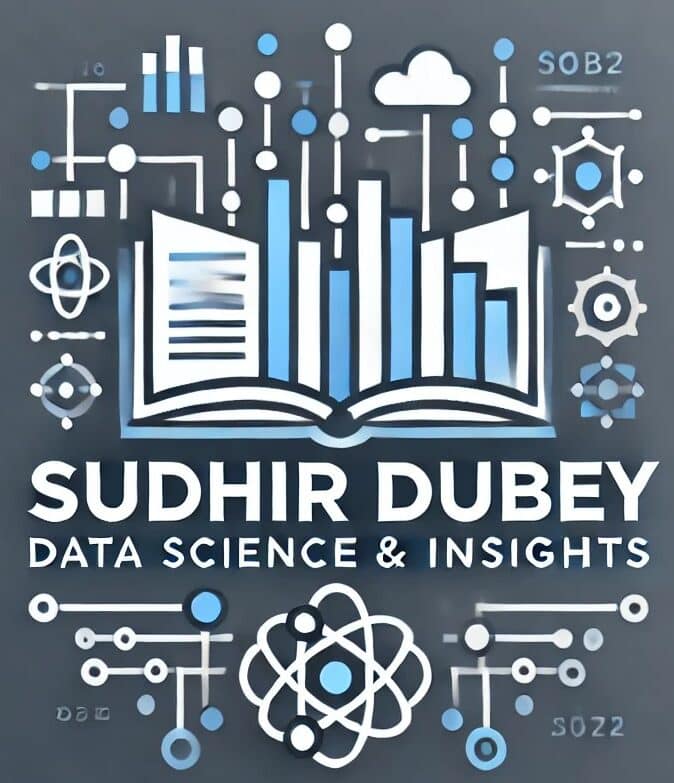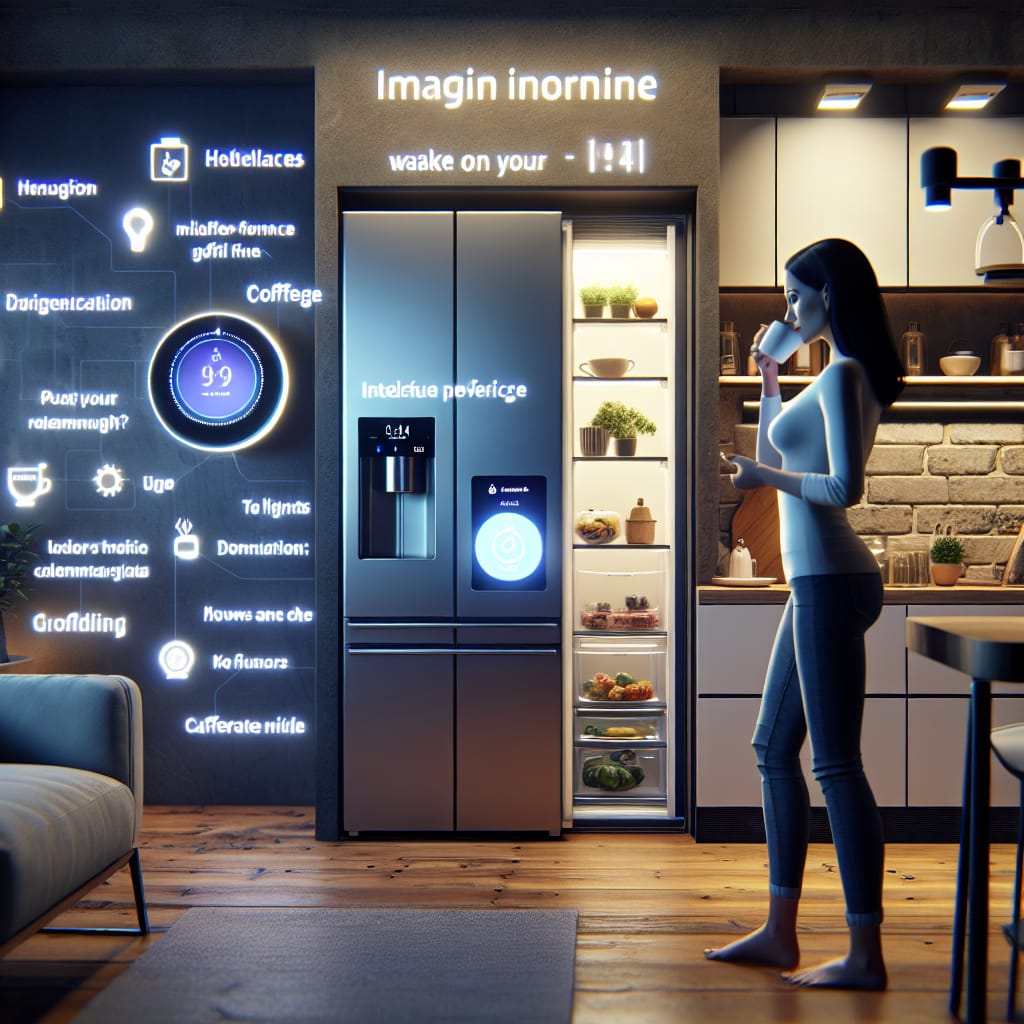AI-Based Recommendation Engines: Advanced Trends in 2025
Table of Contents
- Introduction
- Advanced Applications of AI-Based Recommendation Systems
- Frameworks Empowering Recommendation Engines
- Real-World Examples and Case Studies
- Emerging Trends in Recommendation Systems
- FAQ
- Conclusion
Advanced Applications of AI-Based Recommendation Systems
AI-based recommendation systems have permeated various sectors, offering unparalleled personalization capabilities. In e-commerce, platforms like Amazon and eBay use these engines to suggest relevant products based on browsing history and purchase behavior. Streaming services such as Netflix and Spotify utilize recommendation engines to keep users engaged by curating content that aligns with their preferences. Moreover, recommendation systems are now being integrated into healthcare to provide personalized treatment plans and in education to tailor learning materials according to a student’s unique learning patterns.
These applications are driven by sophisticated algorithms, including collaborative filtering, content-based filtering, and hybrid models. By learning from vast datasets, these algorithms continuously refine suggestions to match user expectations accurately. As a result, businesses can achieve higher user engagement, customer satisfaction, and increased sales, underscoring the vital role AI plays in crafting personalized experiences.
Frameworks Empowering Recommendation Engines
The development of AI-based recommendation systems is supported by robust frameworks and libraries that simplify building and deploying these engines. TensorFlow and PyTorch are two popular frameworks offering comprehensive tools for implementing machine learning models. They allow data scientists to experiment with deep learning models and effortlessly scale them to production environments.
Apache Spark’s MLlib library is another powerful tool that facilitates large-scale machine learning. It enables the processing of massive datasets, thus optimizing the performance of recommendation systems in data-intensive applications. Furthermore, the LightFM library provides tools specifically designed to build hybrid recommendation engines, blending collaborative and content-based filtering methods effectively.
For data scientists looking to maximize the potential of AI, leveraging these frameworks is crucial. These tools not only accelerate development but also enhance the scalability and flexibility of AI models, adapting to the growing demands of recommendation engines.
Real-World Examples and Case Studies
A compelling example of AI-based recommendation systems in action is Spotify’s Discover Weekly feature. By analyzing users’ listening habits and integrating collaborative filtering techniques, Spotify delivers a curated playlist each week, keeping users engaged and excited about discovering new music.
In the e-commerce space, Alibaba employs AI-driven recommendation engines to optimize search results and suggest products, significantly boosting conversion rates. Their AI-powered systems process millions of transactions and user interactions daily, showcasing how AI can transform customer experiences on a massive scale. [See more on AI applications in e-commerce]
Additionally, LinkedIn uses recommendation algorithms to enhance user experiences by suggesting connections, jobs, and content that align with professional interests and goals. This personalized approach not only keeps users engaged but also increases time spent on the platform, adding significant value to LinkedIn’s professional network services.
Emerging Trends in Recommendation Systems
As we look towards 2025, several trends are shaping the future of AI-based recommendation systems. One notable trend is the integration of natural language processing (NLP) to improve recommendation accuracy. By understanding context and sentiment, these systems can deliver more nuanced and relevant suggestions.
Explainability in AI is another essential trend. Users and businesses alike are demanding transparency in how recommendations are generated. Efforts are being made to develop models that elucidate the reasoning behind each suggestion, fostering trust and accountability.
Finally, the rise of reinforcement learning is paving the way for dynamic and adaptive recommendation systems. By continuously learning from user interactions in real-time, reinforcement learning-based models can adjust recommendations promptly, ensuring they remain relevant as user preferences evolve. [Explore more on reinforcement learning insights]
FAQ
What are AI-based recommendation systems?
AI-based recommendation systems use machine learning algorithms to suggest products, content, or actions based on user data and preferences, enhancing the personalization of digital experiences.
How do AI recommendation engines personalize user experiences?
These engines analyze user behavior, such as purchase history and browsing patterns, to predict preferences and offer tailored suggestions, thereby providing a customized and engaging user experience.
What frameworks are commonly used for developing recommendation systems?
Popular frameworks include TensorFlow, PyTorch, Apache Spark MLlib, and LightFM, which offer tools for building scalable and flexible machine learning models for recommendation engines.
What are the emerging trends in AI-based recommendation systems?
Key trends include the integration of NLP, the emphasis on AI explainability, and the adoption of reinforcement learning to enhance the accuracy and adaptability of recommendation systems.
Conclusion
AI-based recommendation engines are pivotal in shaping the future of personalized user experiences. By leveraging advanced algorithms and frameworks, businesses can offer tailored recommendations that resonate with users, resulting in increased engagement and satisfaction. As AI technology continues to advance, we can expect more sophisticated recommendation systems that address user expectations with precision and transparency. For those interested in diving deeper into AI and data science, I recommend exploring our extensive resources on next-gen AI trends. Stay informed and ahead of the curve in this dynamic field—subscribe to our newsletter for the latest insights and updates.



